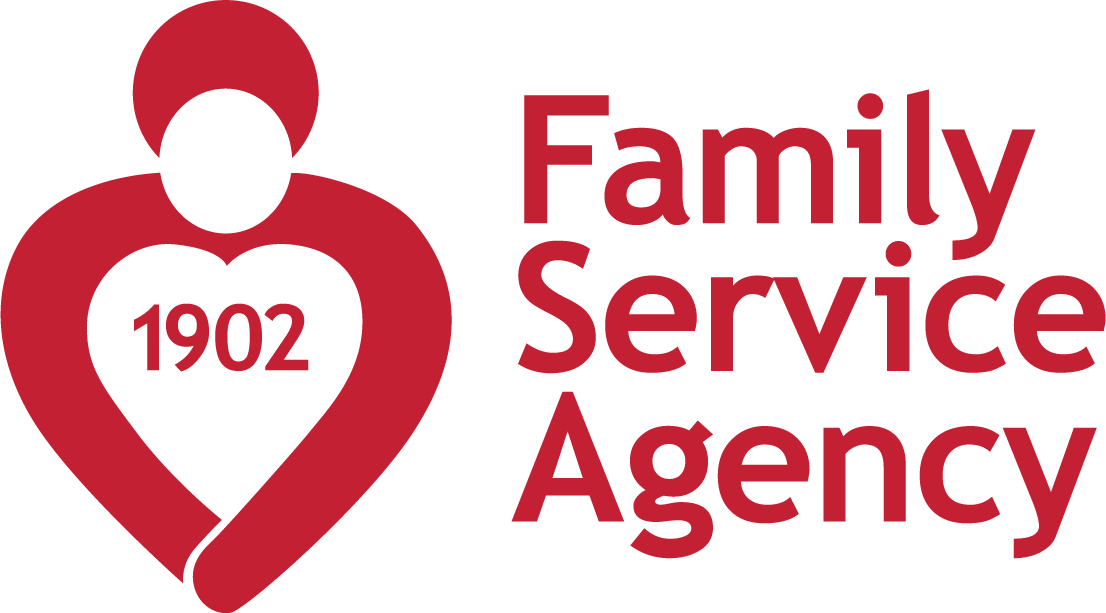Substance Use Disorder (SUD) Treatment
- Intake, Assessment, and Treatment-Planning
- Group Counseling
- Education to provide evidenced-based research on addiction, treatment, recovery, and associated health risks
- Family Therapy and/or Family Counseling so that family members and caregivers can provide social support
- Trauma-focused psychotherapies, including CBT, CPT, Cognitive Therapy, EMDR
- Medication Management, including evaluation, prescription, administration, and monitoring of medication
- Crisis Intervention Services, which focus on alleviating crisis-level problems
Because addiction is a disease affecting the body and mind, FSA treats addiction with both medication management and counseling.
Substance abuse and substance dependence are aspects of Substance Use Disorder, which is measured on a continuum from mild to severe. Often, this disorder is rooted in trauma that has not been adequately addressed. The FSA Substance Use Disorder Program provides holistic treatment tailored to meet individual needs.
Through individual and group therapy and often with the support of medication, FSA patients learn healthy coping skills and gain improved self-confidence.

